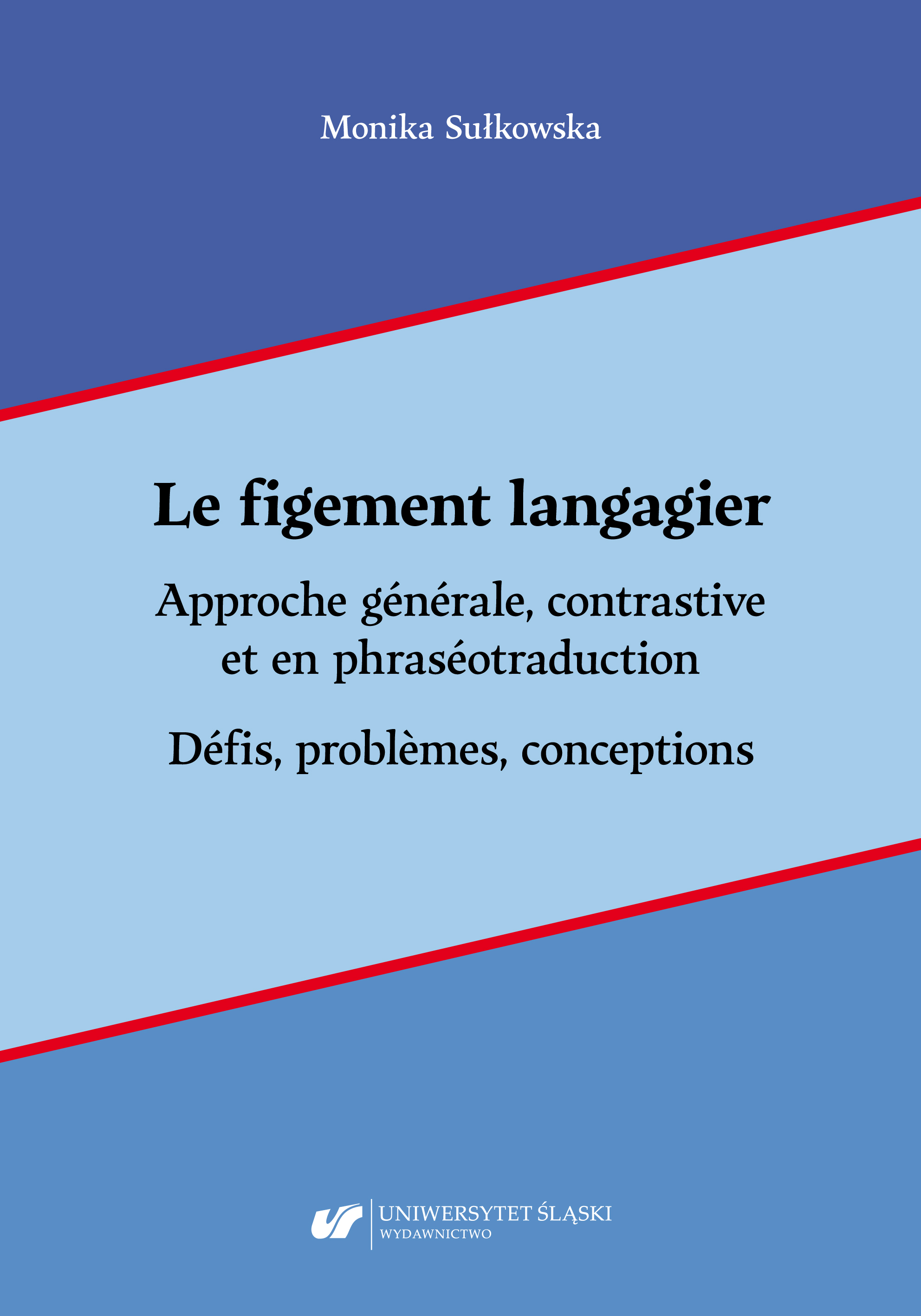Phraseologisation. General approach, contrastive approach and phraseotranslation. Challenges, problems, ideas


This work is licensed under a Creative Commons Attribution-ShareAlike 4.0 International License.
Details about this monograph
Synopsis
Phraseologisation, which involves the fixation of word combinations, is a universal phenomenon, occurring in every natural language, but it may structure itself differently in each language. The polylexical linguistic reproductions that result from phraseologisation are very common in everyday communication. Phraseology, which analyses fixed word associations, has recently considerably broadened the scope and area of its research, and the centre of its interest has begun to include those types of polylexical structures which in traditional phraseology were situated on the borderlands or outside the scope of this field. This state of affairs calls for a new, up-to-date view of phraseologisation, and justifies the need to revise, expand and update research in contemporary phraseology. Moreover, a major challenge in contemporary translation studies is the interlingual transfer of fixed word combinations. The results of the research in general and contrastive phraseology, as well as in the field of phraseotranslation, which are presented in this monograph may prove to be very helpful in this perspective.



